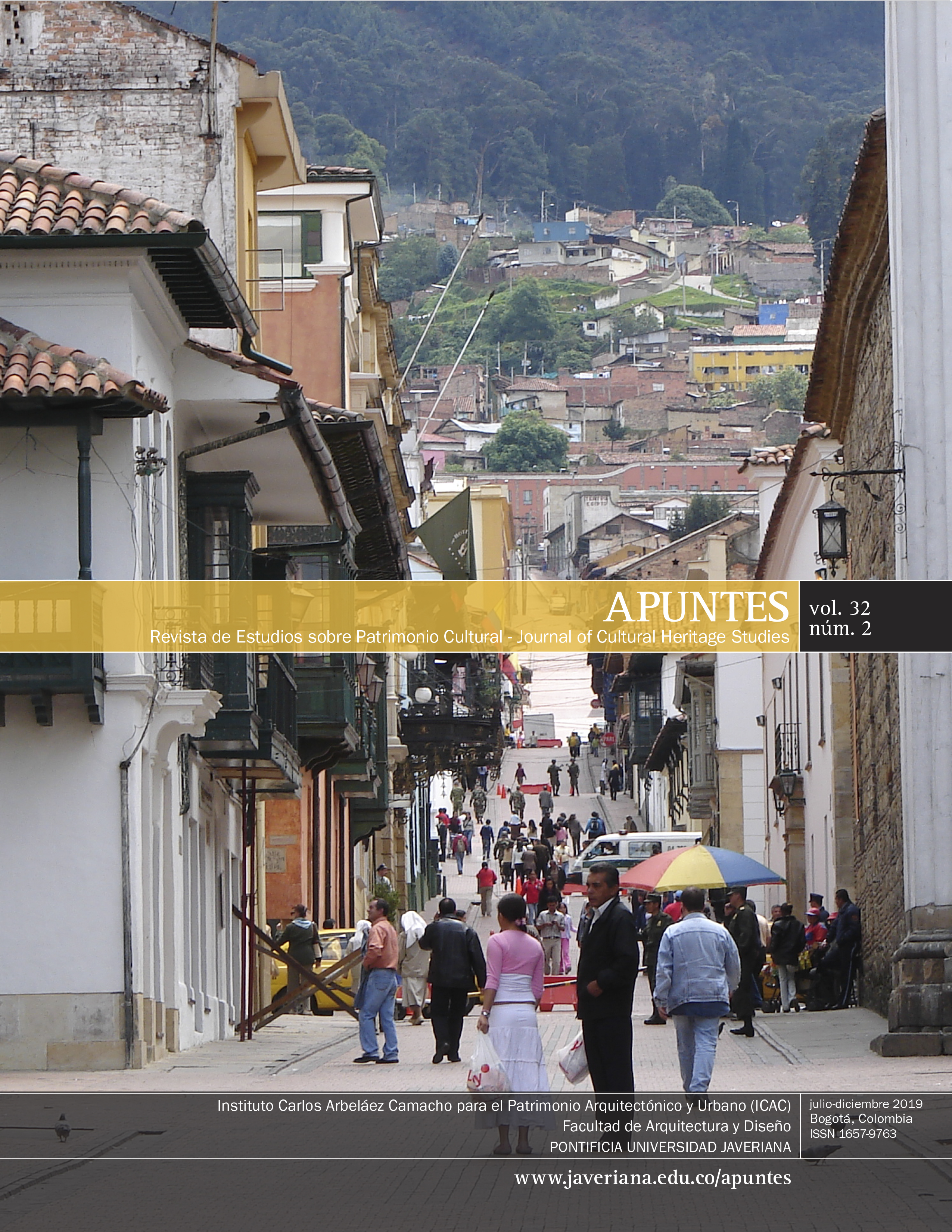Abstract
One of the main changes undergone in the heritage discourse for the decades is the role, increasingly relevant, that the communities have had in the processes of building and managing heritage expressions (Ballart, 1997; Prats, 2005; Guerrero, 2010; Dormaels, 2012). This change is about the social appropriation processes by the communities regarding such a discourse. The process has not been exempted from conflicts and expresses a criticism to the hegemonic and institutionalized heritage construction that prevails so far in the shaping of the heritage discourse. In response, the international actors, national governments, regional and local administrations, the main promoters of the formal heritage discourse, have encouraged progressively the inclusion of the citizen’s participation in the heritage construction processes. This has been expressed basically in two ways: through the rule-making that ensures the community inclusion in the patrimonialization process both at a local and national extent; and by broadening the concept of cultural heritage, e.g., like the creation of the concept Intangible Cultural Heritage by the Unesco in 2003. This concept arouse as a way of recognizing the heritage discourse that unveils the cultural and social dynamics and associated with the heritage objects as heritage expressions on their own. Notwithstanding these advances, the emergence of diverse heritage organizations and social movements in recent years as well as diverse conflicts between communities and other heritage-related actors enables to envision that the community implication processes still have different opacities and knots requiring solutions in order to achieve the effective democratization of the processes.
We gathered information from two cases: the first in Andalucía, at the Casa Palacio Pumarejo de Sevilla, a case of conflict characterized by the administrations reluctance to the citizen initiatives[i]; the second one in the city of Chillán, Chile, where, on the contrary, the municipal administration keeps a fruitful space of collaboration with neighbors that is yielding positive fruits. The comparison of both cases allows us providing insights for a reflection on the difficulties, obstacles, possibilities and benefits for a real and effective citizen’s participation in the patrimonialization processes that the very “heritage regime” implies.
[i] The materials used as the basis for analyzing this case come from a collaboration work by the Social and Participatory Action Research Group (GISAP), SEJ218, at the college Universidad Pablo de Olavide de Sevilla, developed under the international project “People Participating” led by Javier Escalera between 2010 and 2011, financed by the Programme Intereg IV C of the European Union, and operating nowadays thanks to the support by the Economy and Knowledge Advisors of the Andalusia Board.

This work is licensed under a Creative Commons Attribution 4.0 International License.
Copyright (c) 2021 Javier Escalera Reyes, Rosa María Guerrero Valdebenito



